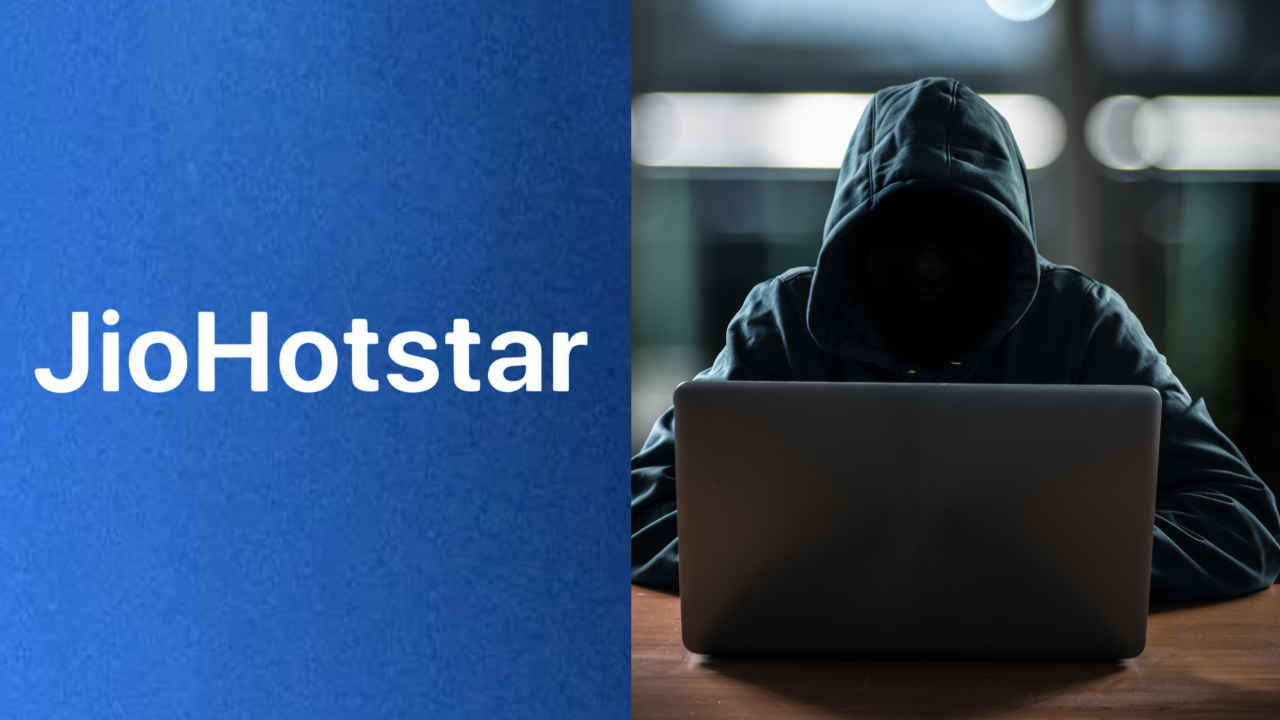JioHotstar vs Delhi Techie: What is Domain Squatting and can there be legal action?
A techi tried to negotiate his JioHotstar.com domain ownership with Reliance Jio, asking them to fund his MBA in exchange.
Legal experts offered pro bono support, but the developer now plans to release the domain, citing limited resources against Jio.
The case sparked debate over domain squatting in India, where laws are less strict, though trademark holders often prevail in disputes.

The ongoing saga between a Delhi-based app developer and Mukesh-Ambani-led Jio-Hotstar entity might have finally come to an end. The Delhi-based techie had shared a note earlier this week, claiming that he owned the JioHotstar.com domain and had asked Reliance Jio to fund his college education in exchange for that. However, earlier today, an update on the platform said that the domain is now free and can be used by the newly found merger.
 Survey
SurveyThe developer thanked lawyers from “Cambridge, London, California, Texas, and surprisingly even Berlin” for pro bono support. Despite legal advice suggesting they could hold the domain, the techie admitted they lack the resources to fight Reliance and will likely take the site offline soon.
The interesting situation and all the drama around it have led to a larger conversation around domain squatting and its legal implications in India. Does it fall under domain squatting? What is domain squatting? Before we understand all of that, we need to know exactly what happened between the person and Jio. So, here is a quick summary.
JioHotstar vs Delhi techie
Reliance Jio has recently acquired Disney+ Hotstar and multiple reports suggested that the company plans to merge the two platforms. Amid this, a Delhi-based app developer came forward and shared that he purchased the JioHotstar.com domain in 2023 assuming that the company might need this domain post-merger.
After this, he asked Reliance Industries to fund his Executive MBA at Cambridge University in exchange for a domain name. The total cost of this course was around £93,345, which is approximately Rs 1.01 crore. The developer said that he was approached by the company executives who rejected this demand and said they may take legal action against him.
While his quick action and far-sightedness have been appreciated by many on social media, there were others who pointed out that this is a clear case of Domain Squatting.
What is Domain Squatting?
Domain squatting also known as cybersquatting occurs when individuals purchase domain names similar to established brands with the intent to sell them at a premium rate to the legitimate owner. While the act is illegal in several countries, India’s laws on this issue are not as stringent. Typically, disputes are resolved under the Trademarks Act 1999, and judgments often favour the trademark holder, particularly if bad faith or an attempt to profit from the brand’s goodwill can be proven.
Similar Cases in India
India has previously witnessed numerous cases of domain squatting. One happened in 2002, the Delhi High Court ruling in Manish Vij vs Indra Chugh, where the court protected a trademark holder’s rights against fraudulent domain registration.
The Supreme Court also addressed this issue in Satyam Infoway vs Sifynet Solutions in 2004, reinforcing that even without explicit domain protection laws, trademark owners can seek legal remedies under the doctrine of “passing off.”
So, even if the developer held onto the domain, he might have been eventually asked to let go of it if the matter had gone to court. Regardless, this made for some interesting social media discussion. However, that seems to be in the past now.
Also Watch:
Mustafa Khan
Mustafa is a young tech journalist who tells it like it is, cutting through buzzwords to deliver straightforward smartphone reviews. He’s the office go-to for insider tips and quick demos, and his video content doesn’t waste anyone’s time. When he’s off the clock, he geeks out over cars, photography, and hunting down the best spot for Indian food. View Full Profile